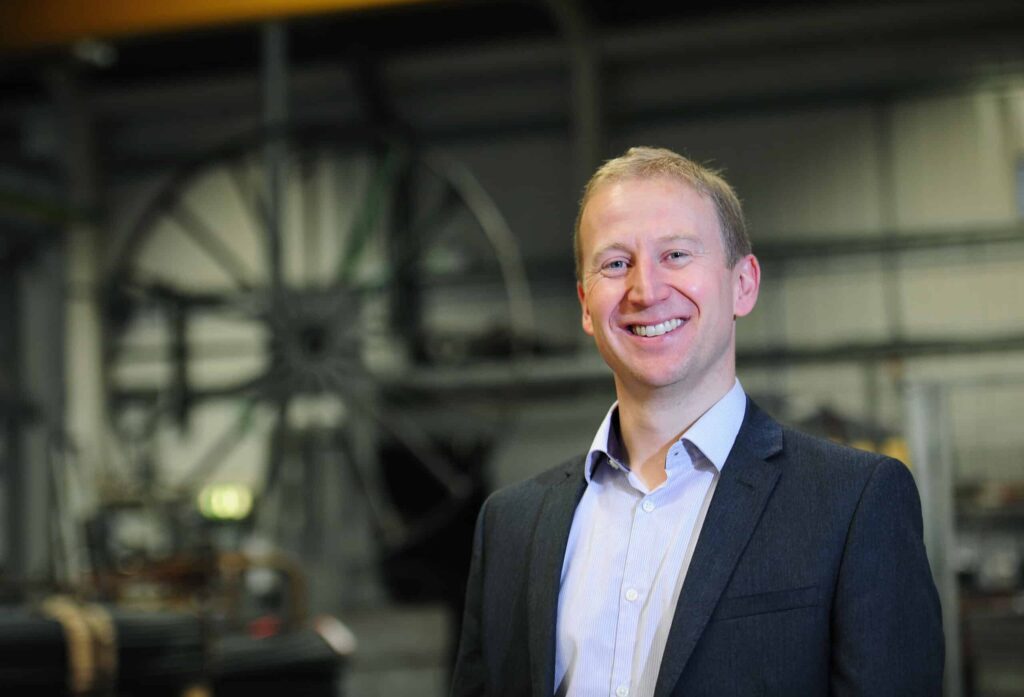
Spring Manufacture Expands With Purchase of Third Factory
As one of the UK’s leading spring and pressing manufacturers, European Springs & Pressings has recently doubled the size of
Home › News & Updates › Page 17

As one of the UK’s leading spring and pressing manufacturers, European Springs & Pressings has recently doubled the size of
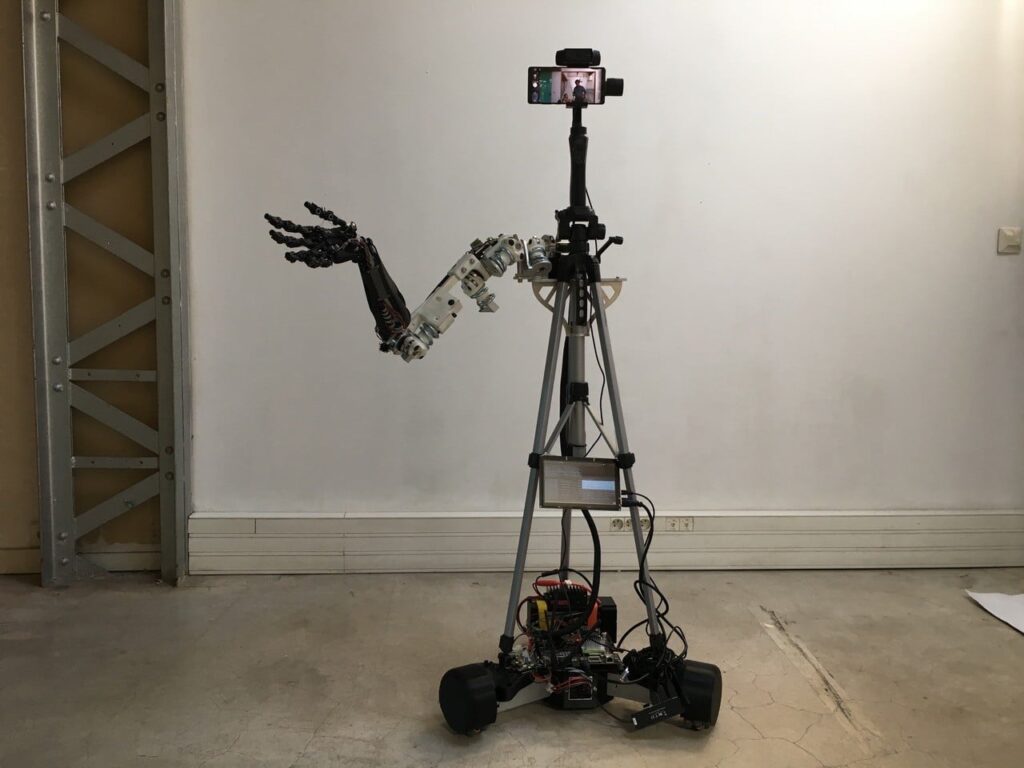
Springs have been at the heart of engineering since before the Industrial Revolution and now they are set to be

This year’s Engineering Design Show is an exciting time for European Springs, as we have our very own stand. The
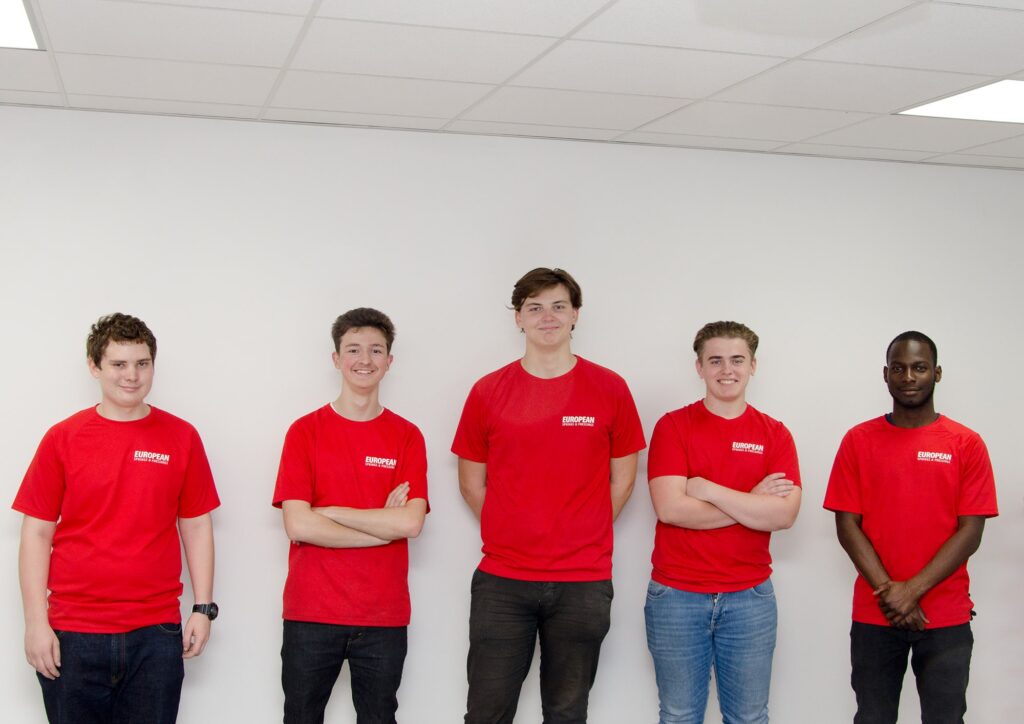
With recent reports of the number of apprenticeships falling by 30% in the last 12 months, European Springs & Pressings
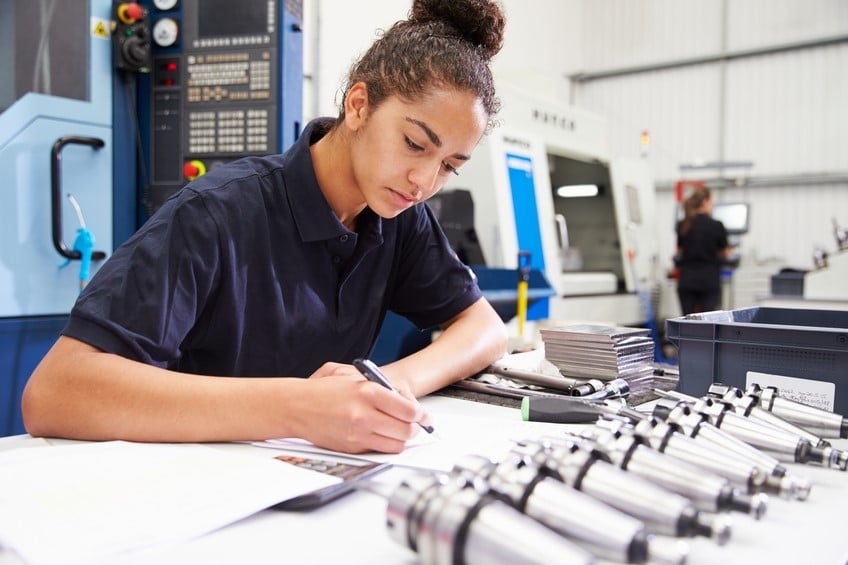
Despite the big-name, high-profile infrastructure projects – Hinkley Point C nuclear power station and High Speed 2 rail link to
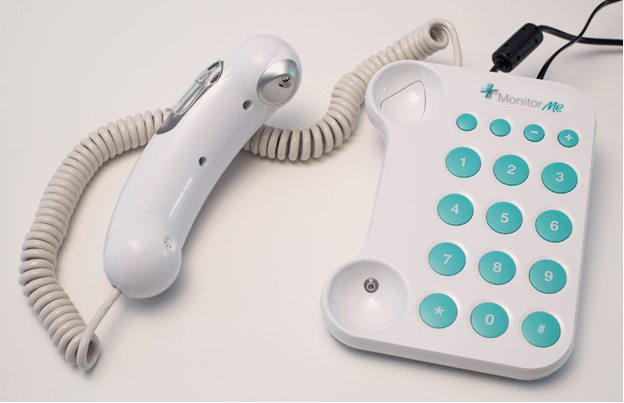
One million patients are seen every 36 hours by the NHS with 40% more operations undertaken in recent years. Sanandco
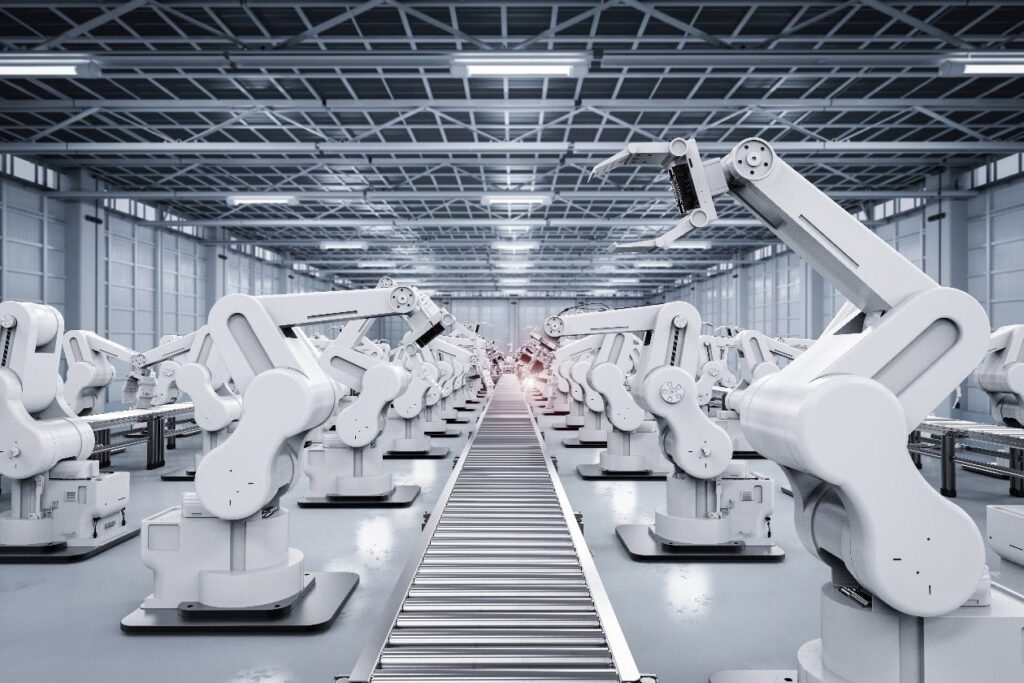
Despite the healthy growth of many industries in the UK, the manufacturing sector remains an integral part of the UK’s
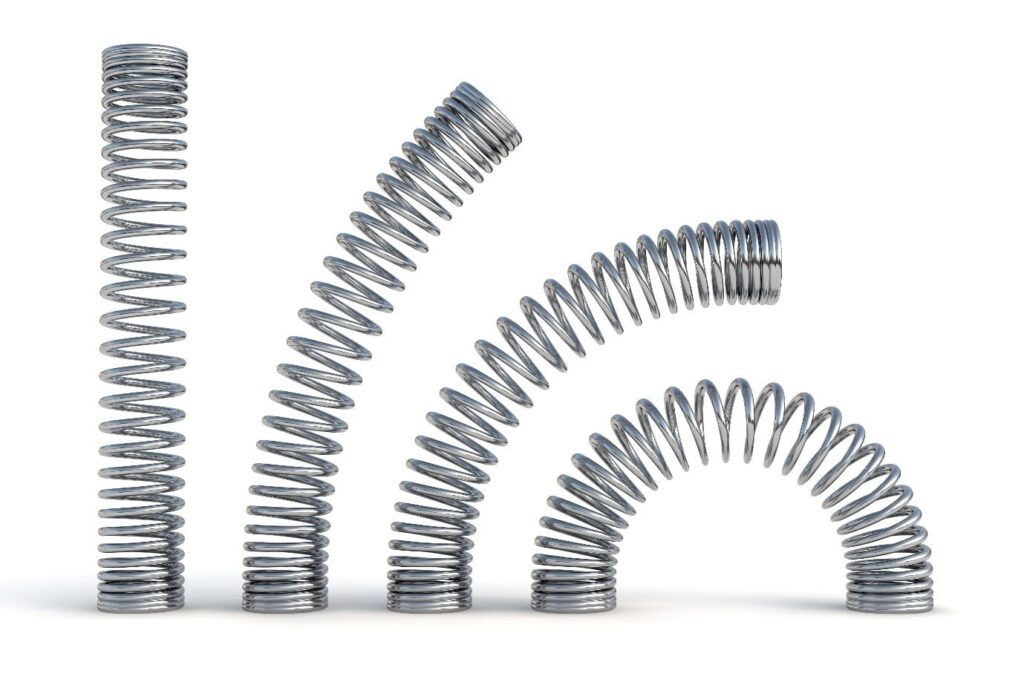
Springs play an integral part in all forms of motorsport. Revered globally, motorsports comprise some of the biggest sporting events

As we have previously discussed in recent blog posts, springs can be anywhere. From the more obvious industries, such as
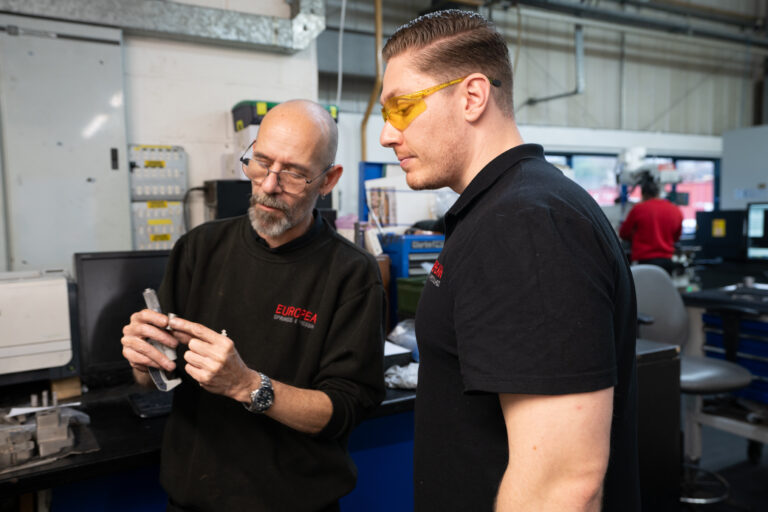
And even if we don’t have exactly the tool we need, European Springs’ in house technology enables us rapidly to design and make complex tools, allowing us to offer more competitive prices.



© Copyright 2025 | European Springs
Designed, Promoted and Powered by SQ Digital